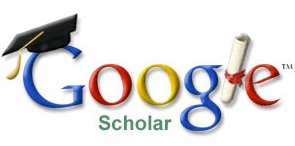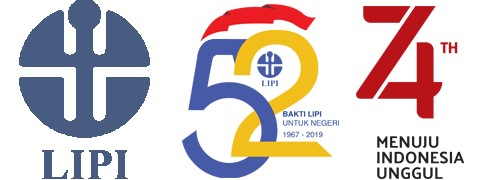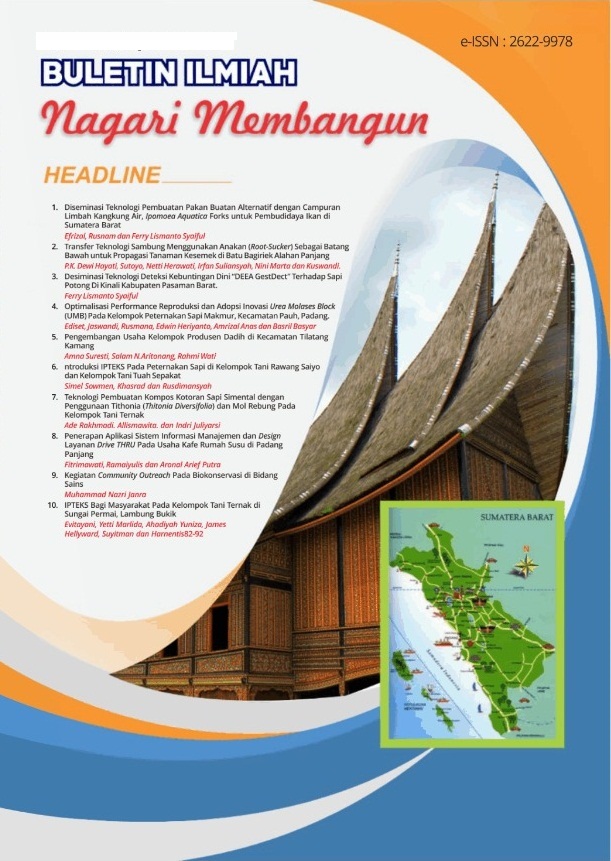EDUKASI ASI EKSKLUSIF DAN IMPLEMENTASINYA BAGI IBU HAMIL DI RW 10 KELURAHAN PAMPANGAN XX KOTA PADANG
Abstract
World Health Organization reported 56 million babies, 34 million babies are not exclusively breastfed. Previous studies have shown 80% of them came from developing countries. The achievement of exclusive breastfeeding in Indonesia based on Indonesia Health Profile (2017) is 55.7% and decreased 54.0% in 2018. West Sumatera reached exclusive breastfeeding target 66.7% in 2017, but lower than Indonesia average target 80%. Babies are not exclusively breastfed are susceptible to morbidity and mortality. Exclusive breastfeeding has a role in preventing LBW, stunting, and reducing the risk of obesity and chronic disease. The lack of mother’s knowledge associated with the practice of exclusive breastfeeding Aims, to determine the knowledge in RW 10 Pampangan Nan XX Village. The assessment of knowledge about exclusive breastfeeding and overview of its implementation. The metode of this event was intervention an education exclusive brestfeeding for 14 pregnant women in RW 10, pampangan XX. Respondent was gave education on Whatsapp and Youtube. Data collection was got by questioners and interviews. The data was processed analyzed, after that was defined priority problems and made action of plans. Result, 78.6% of mothers knew about exclusive breastfeeding but only 43% implemented it. The causes of problem were incorrect about knowledge and techniques breastfeeding. The results of this study were submitted to the puskesmas and stakeholderfor advocacy. Hope that health promotif concerning axclusive breastfedding will increase, through of online and creative medias, by the same token will be escaleting sectoral collaboration as support.
Downloads
References
Ananda, Y. 2020 Peningkatan pengetahuan masyarakat tentang cuci tangan terkait pandemi covid-19 di wilayah kerja puskesmas Kuranji Padang’, Jurnal Warta Pengabdian Andalas, 27(3), pp. 157–164. doi: 10.25077/jwa.27.3.157-164.2020.
Dinkes Sumbar. 2018. Profil Kesehatan Provinsi Sumatera Barat 2017. Padang.
Insani, Aldina Ayunda. 2018. Deteksi dini komplikasi kehamilan, perilaku hidup bersih dan sehat serta deteksi dini gangguan pertumbuhan dan perkembangan bayi dan balita di wilayah kerja puskesmas Pegambiran Kota Padang. Jurnal Warta Pengabdian Andalas 25.4 (2018): 31-39.
Jama, A. 2020 Exclusive breastfeeding for the first six months of life and its associated factors among children age 6-24 months in Burao district, Somaliland’, International Breastfeeding Journal 2020 15:1, 15(1), pp. 1–8. doi: 10.1186/S13006-020-0252-7.
Kementerian Kesehatan RI. 2019. Profil Kesehatan Indonesia, Kementrian Kesehatan Republik Indonesia. doi: 10.5005/jp/books/11257_5.
Laksono, A. D. 2021. ‘The effects of mother’s education on achieving exclusive breastfeeding in Indonesia’, BMC Public Health 2021 21:1, 21(1), pp. 1–6. doi: 10.1186/S12889-020-10018-7.
Rollins, N. C. 2016. Why invest, and what it will take to improve breastfeeding practices?’, The Lancet, 387(10017), pp. 491–504. doi: 10.1016/S0140-6736(15)01044-2.
Reale, M. 2021. Annual Report 2020. AIMS Allergy and Immunology, 5(1), pp. 33–37. doi: 10.3934/allergy.2021003.
World Health Organization. 2017. Monitoring Health For The SDGs. World Health Organization, Switzerland




















